What makes a great leader?
As someone who strives every day to be the best leader possible, I’ve spent a lot of time thinking about this. And I’ve come to the conclusion there are four things that make a leader truly great.
1. A great leader sets the vision.
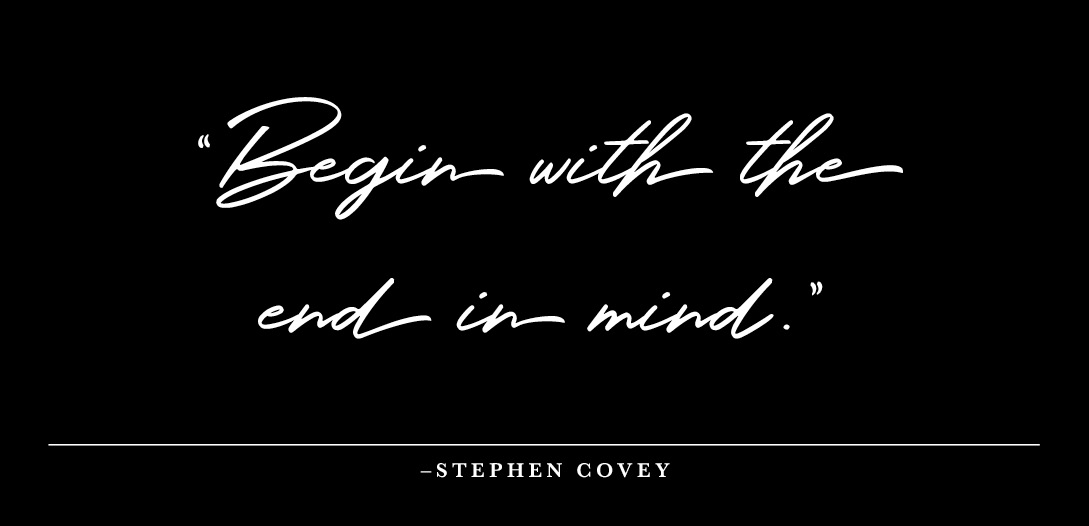
As Stephen Covey says in The 7 Habits of Highly Effective People, “Begin with the end in mind.”
In other words, a leader can only be as great as the vision they put forward. This vision is the foundation for success, and the driving force that will inspire people to move mountains.
It’s not enough to say that you want people to use your product, or you want to see exponential growth in your sales numbers. You need a mission statement: a greater purpose your business is looking to serve.
Your vision might not be tangible, and, a lot of times, it will seem almost impossible. By definition, a vision is something that we are constantly striving for. It is how we want to see the world—for example, a world with no kids going hungry.
A vision might feel unattainable at times, but it will drive you through all the trials and tribulations. When you feel beaten down, you can continue, knowing that you’re working toward something more important than material things.
Your vision has to be something so big and meaningful that, when you enter the valleys and are feeling defeated, it can be the reminder of why you exist.
2. A great leader inspires people to the vision.
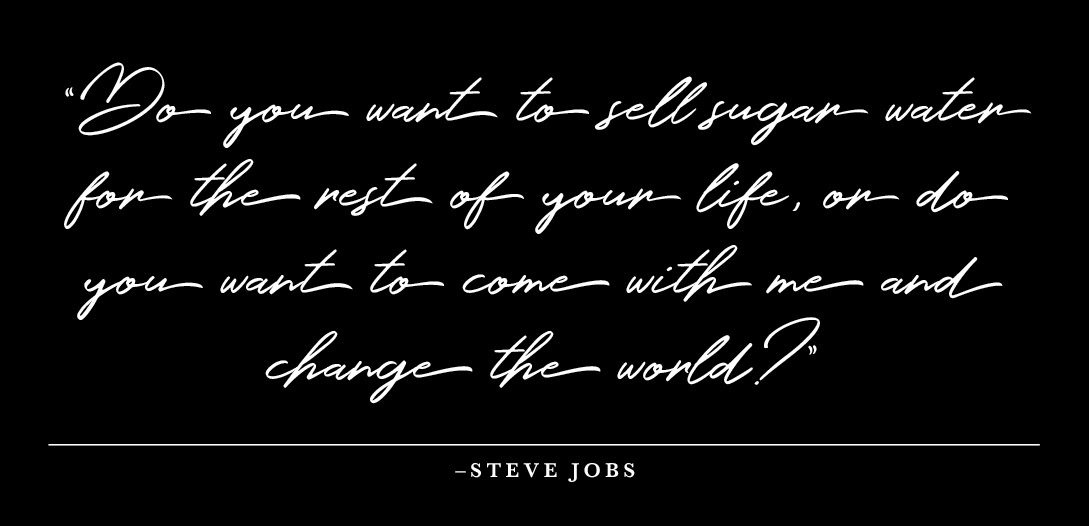
Think of all the great people in history who were able to inspire others to follow them.
From human rights leaders like Martin Luther King and Susan B. Anthony to business leaders like Bill Gates and Steve Jobs, these individuals all had clear, meaningful goals. But they also had the ability to inspire people to achieve what others might have considered impossible. People were willing to risk everything for the visions laid out by these great leaders.
There’s a famous story about Steve Jobs asking John Sculley, who was then the CEO of Pepsi, to come work for him at Apple. Though Sculley initially turned down the offer, Jobs famously said, “Do you want to sell sugar water for the rest of your life, or do you want to come with me and change the world?”
The line worked, and Sculley left a financially rewarding position at Pepsi for a less secure position with Apple. Though the relationship between Sculley and Jobs was rocky, Apple’s founder eventually proved himself right. His company undoubtedly changed the world in many ways.
3. A great leader holds people accountable.
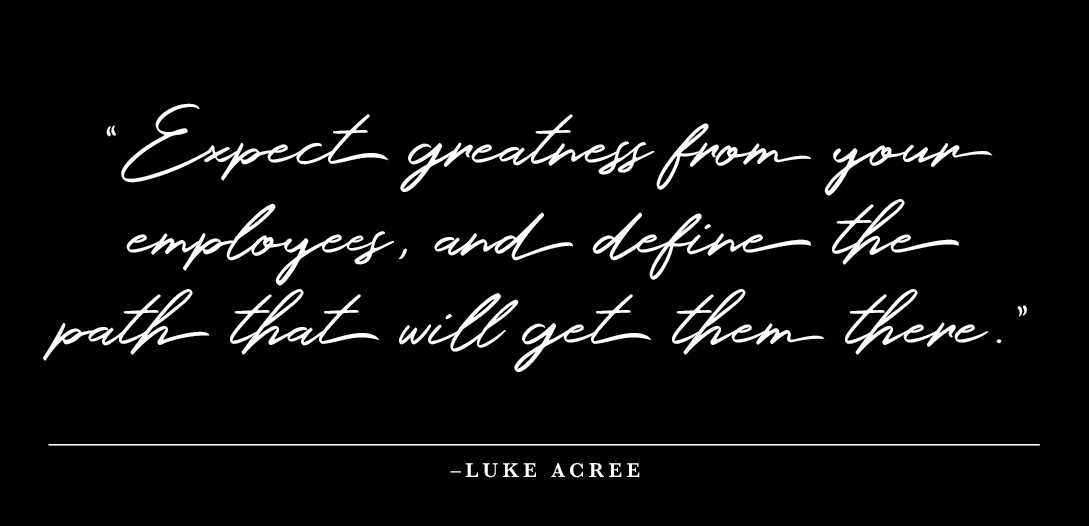
One of the most important things for leaders to do—and one of the things they fail at most often—is to trust but verify. You need to allow people to do the things they’re capable of, but in a way where they remain accountable.
This doesn’t mean you should micromanage your employees. Instead, expect greatness from them, and define the path that will get them there.
Think of yourself as a coach. Professional athletes are measured constantly: the number of steps they take, the amount of coffee they drink, and the food they eat. This is because, to be great, you ultimately need to be able to measure and manage yourself.
When coaches expect their players to abide by certain rules or meet specific goals, they’re not demanding those things for their own sake—they’re trying to create healthy habits and routines that will take their team to the next level.
When you hold the people who follow you accountable, you’ll help them get to heights they never knew they could reach.
4. A great leader walks with the people they hold accountable.
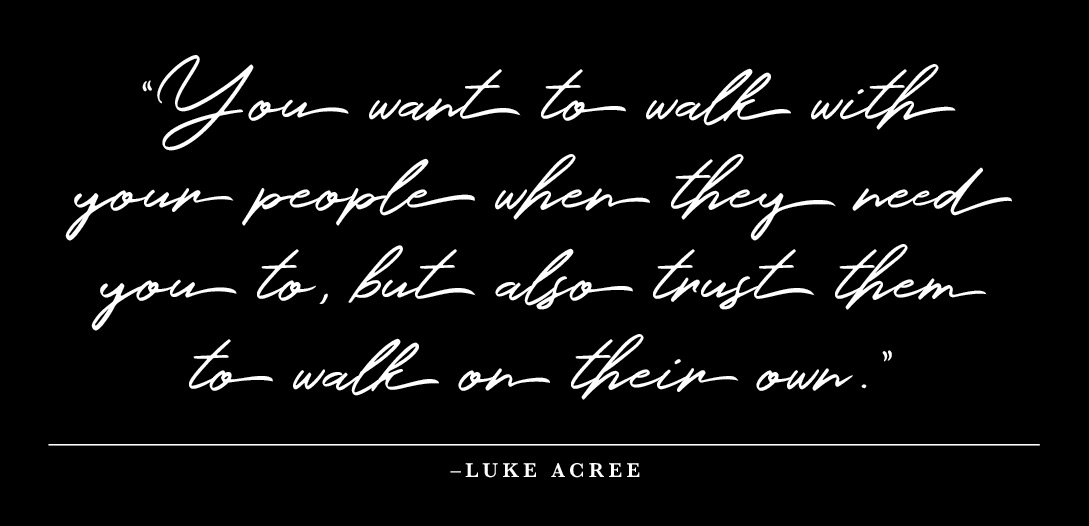
Once you’ve set a great vision and inspired someone to follow it, you need to make sure that person actually sees things through.
By definition, greatness is not easy to achieve. On the road to success, your employees will sometimes fail. And some of those employees will be afraid to let you know they’ve come up short, because they won’t want to let you down.
The only way to help your team remain truly accountable is to walk with them. If you’re a sales manager, you could call a lead yourself. If you’re a product or IT designer, you might sit with someone as they write code, or offer your take on a specific problem they’re having.
The greatest way to get on the same wavelength with someone is to work with and alongside them. But you shouldn’t do this all the time. You want to walk with your people when they need you to, but also trust them to walk on their own. Empower them, so they can do the great things you know they’re capable of.
When you show employees your vision of greatness, keep them inspired and accountable, and lead them by example, your company can achieve every goal you set for it.








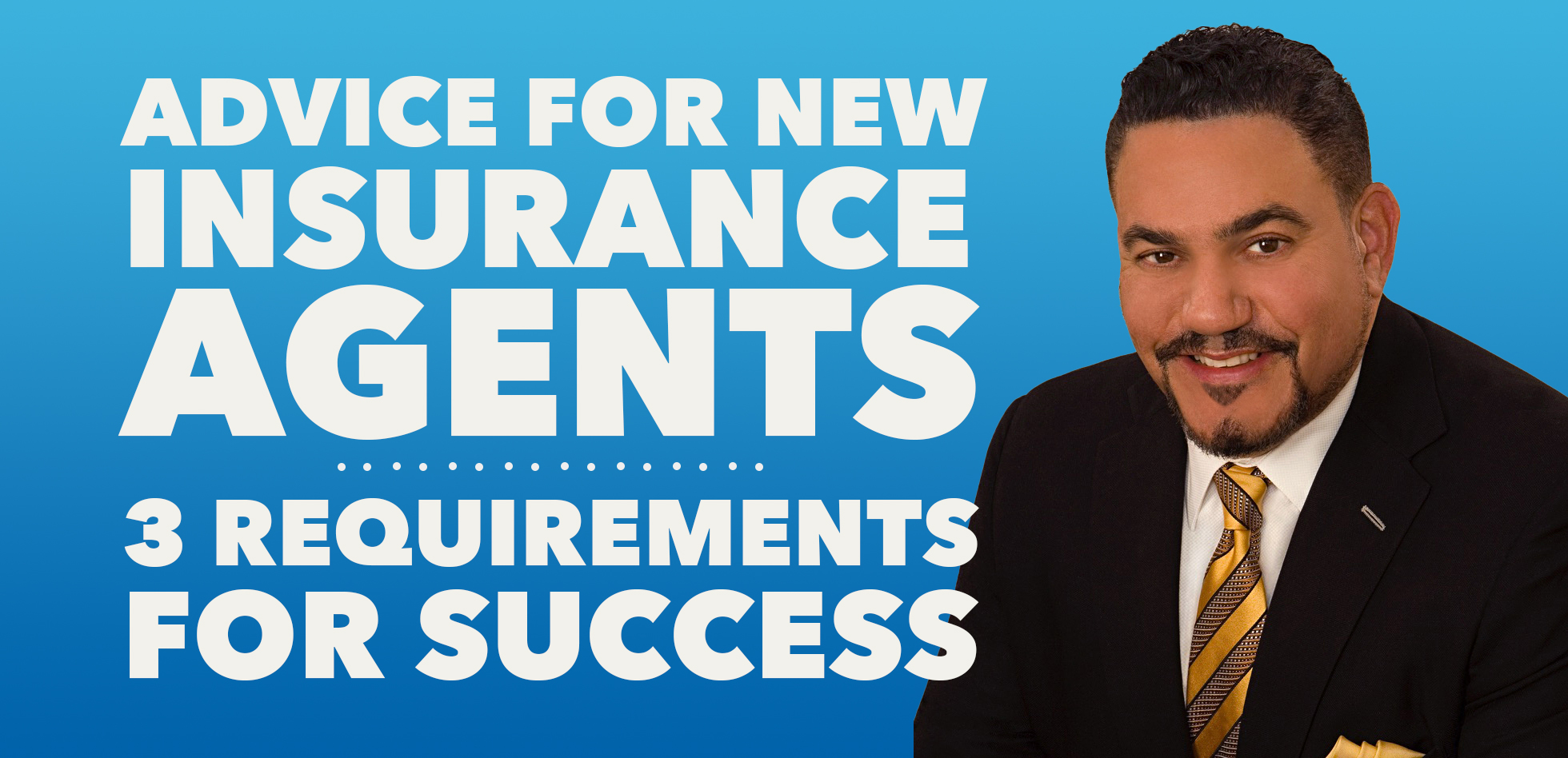
 Apple Podcasts
Apple Podcasts
 Google Play
Google Play
 Spotify
Spotify












